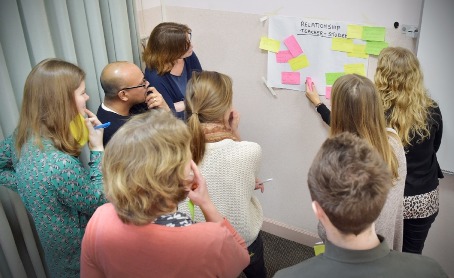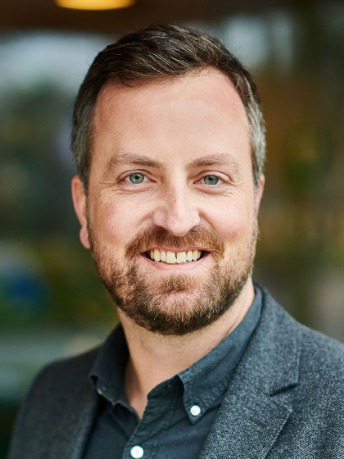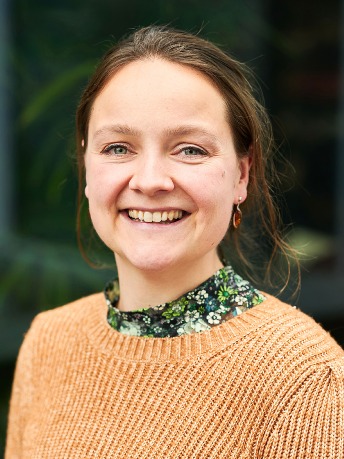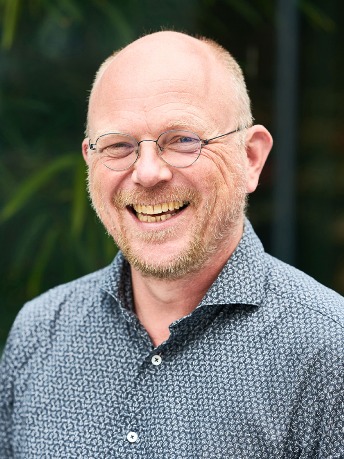Empowering Educational Developers to Train University Teachers

Designed as more of a community than a workshop, this summer school aims to bring together those who partner with university teachers in improving their teaching effectiveness. The primary focus of this school will be on 1) conversations and learning between educational developers, 2) designing new, or re-design existing, teacher training programmes in participants’ own institutions and 3) receiving feedback on your training methods. During the week, participants can expect to create a new (re)design of current work they do in university teacher education. Professional trainers of the school will prompt and guide the process but in the end, hope not to be a ‘trainer’ of the group but rather a facilitator of the group’s learning/sharing.
The emphasis is on the community of people learning from and with each other. We aim for a group that includes those with varying experience levels to further enhance the perspectives in this community. In the end, we hope your own professional development programme will be designed or improved through the tips, tricks, and advice you learn from this community of practitioners.
Why a School of Educational Developers?
In our work both domestically and internationally, we have often asked the question ‘’Who develops the developers?” and our answer has always been—from and with each other. We further recognize a need for this to be an international network where ‘islands’ of educational trainers and developers can build upon each other’s work. In this way, we can collectively progress rather than doing this ‘on our own’.
So please join us and come ready to both improve your own initiatives but also share your expertise with others. We look forward to seeing you in Groningen!
Practical information
|
Dates
|
7 - 11 July 2025
|
|
Location
|
Groningen, the Netherlands
|
|
Level
|
Practitioners |
|
Fees
|
€ 750, which includes lunches and refreshments
The fee above does not include hotel/accommodation. Upon acceptance into the programme, a list of accommodation recommendations will be provided.
|
|
Academic coordinators
|
Rick Huizinga & Irene Douwes-Van Ark |
|
Contact |
ESI Summer & Winterschools, ESISummerWinterSchools@rug.nl |
Requirements
Anyone with a role related to the training or coaching of university teachers. This can include educational developers (of all levels), administrators with a role related to professional development of teachers, and/or university teachers tasked with working with colleagues to implement new teaching methods. Since the focus is on collaborative learning, we hope the experience levels of participants differ so whether ‘new’ to academic development or a veteran of the field, we’d love for you to join our international network of professionals.
The applicant should have a role (either full or part-time) related to the professional development of university teachers.
It is expected that the participants have a sufficient command of the English language to actively participate in the discussions and to present their own work in English.
Course schedule
-
Monday: Academic development – focusing on the professional development of didactic staff
-
Tuesday: Need analysis of didactic staff
-
Wednesday: Designing with impact – to make sure that the impact is high and will last
-
Thursday: Evaluate, analyze and select effective training skills.
-
Friday: Evaluation – research whether the aim of professional development activities were achieved
Throughout the week: Your own ‘micro-training’ session in order to receive feedback from participants.
Working methods will be group discussions, individual reflection, presentations and design activities. This culminates into a final design product/assignment of your development activity. It is important to note the ‘micro-training’ practice where you will practice or present your training example and receive feedback from fellow participants.
Learning outcomes
After this course you will be able to:
1. Describe how academic teachers develop.
2. Select professional development activities based on the needs of teachers in your institution.
3. (Re)design a professional development activity specifically for your own institution
4. Apply effective training skills for your own context.
5. Evaluate a professional development activity
…. (new learning outcomes might appear during the week, based on participants’ input)
Workload
-
Preparation: 10 hours
-
Contact hours (discussions, reflections, design activities, lectures): 36 hours
-
Presentation: 4 hours
-
Final design/assignment: 8 hours
Upon successful completion of the programme, the Summer School offers a Certificate of Attendance that mentions the workload of 58 hours (28 hours corresponds to 1 ECTS so in this case, 2 ECTS). Participants can apply for recognition of these credits to the relevant authorities in their home institutions, therefore the final decision on awarding credits is at the discretion of their home institutions. We will be happy to provide any necessary information that might be requested in addition to the certificate of attendance.
Participants who successfully complete the summer school (including the assessments) have the possibility to obtain a Proof of Competence (digital credential) to acknowledge participation and engagement with the content. Participants who qualify for a Proof of Competence can obtain a digital badge via the EduBadges platform managed by SURF— the cooperative of Dutch education and research institutions. The digital badge is stored on this platform and contains metadata, making the content, learning outcomes, study load hours and language of instruction of the educational activity clear and transparent. The digital badge is therefore verifiable and can be shared on, for example, a CV or LinkedIn.
Introduction to lecturers

Rick Huizinga is an educational developer who specializes in professional development programmes for university teachers. At the University of Groningen, he partners with teachers in the University Teaching Qualification, Senior Teaching Qualification, and various international collaborations in academic development.

Irene Douwes-van Ark is an educational developer, supporting university teachers in their didactical development, and a PhD-student researching the professional development of university teachers.

Jan Folkert Deinum is senior educational advisor, focusing on university strategies and international collaboration. His research interest is on professional development of university teachers and institutional research.
Application procedure
To apply, kindly fill out the online application form. Please note that you will be asked to upload the following documents:
-
Curriculum Vitae (max. 2 pages)
-
Motivation letter, clearly stating why you want to join this summer school, what you will bring to the school and what you hope to learn (max. half a page)
The application deadline is 19 May 2025. We will review all applications on a rolling basis and participants will hear back within three weeks of submitting their application.
